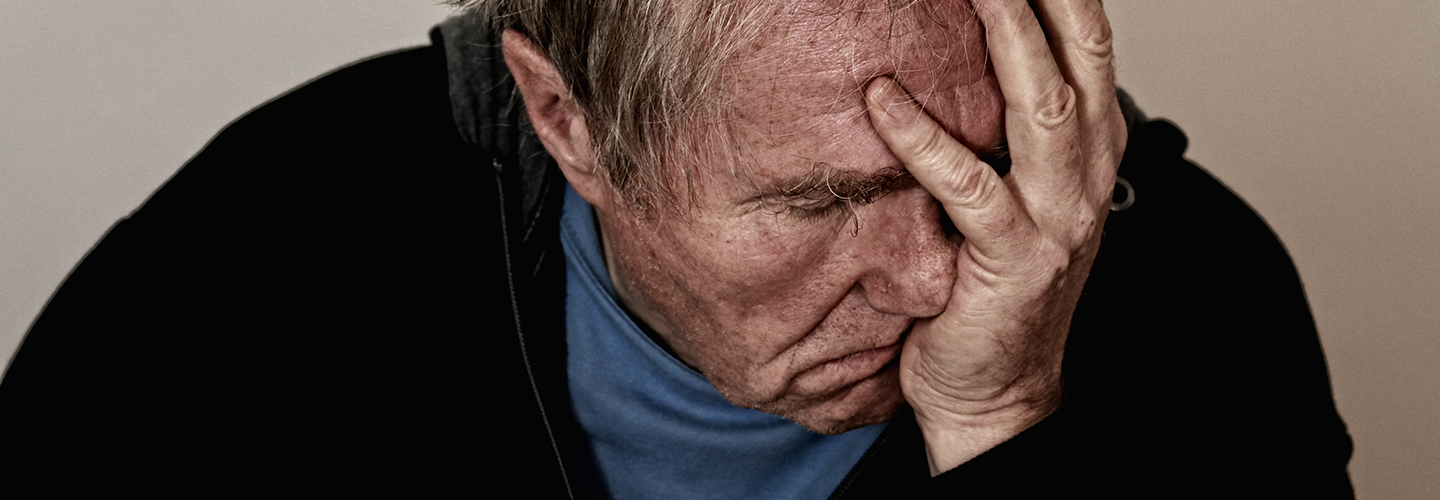Humiliation
- Home
- Blog

Humiliation has been characterized as the most painful of all human emotions. Humiliation is a “public emotion” in that it involves a belief that others will view us as diminished, and will likely mock us. When we are humiliated, particularly by someone that we love, it can engender deep feelings of disappointment, hurt, anger, and even rageful behavior. If the humiliation occurs at a time when one is also feeling generally despondent about their life, the predisposition to anger and ragefulness is even greater. Severe humiliation may create a higher risk of suicide. For example, we have recently witnessed this phenomenon during the severe recession, when several previously prominent and highly affluent professionals lost their jobs, incomes, and much of their assets, and they committed suicide. This is because reduced self-esteem increases one’s general emotional vulnerability, reduces one’s “emotional reserve,” and then the experience of humiliation worsens one’s self-esteem all the more, leading to a downward spiral of hopelessness and a feeling that “there is no way out.”
Why is this dynamic important to recognize, prevent, and treat? To begin with, many of the anger management and depression challenges that our adult clients present to us have at their root persisting childhood experiences of humiliation by one or more parents, or by friends or teachers. As a humiliated child they felt “even smaller,” and at times the feeling of humiliation was so intense that they would feel like disappearing altogether, just to escape the emotional pain. A berating or overly critical parent; the persisting educational challenges posed by Attention Deficit Disorder; a loss of socioeconomic status; a parent suffering from mental illness, alcohol or drug abuse; poor athletic ability; delayed physical maturation; or an older sibling with far greater talent can all contribute to childhood feelings of humiliation, and a persisting vulnerability into adulthood.
From a prevention standpoint, praising a child when they behave in a way that makes them (and you) feel proud, helping a child gain confidence and mastery in their life by supporting activities about which they feel passionate, and helping them over life’s hurdles (without stepping in to take care of the problem, unless absolutely necessary) can assist a child in building healthy self esteem that provides greater resistance to feeling humiliated. There is no absolute means of prevention, as the experience of humiliation is inevitable; and providing empathic parental support goes a long way toward restoring positive self-esteem.
Treatment involves uncovering and explore the childhood experiences of humiliation, and all of the attendant feelings that once came along with these events, and developing a new perspective on them, in an empathic and supportive therapeutic environment. At times, medication can also be helpful in treating an underlying mood or anxiety disorder that has increased one’s vulnerability to feeling humiliated. Sometimes during the treatment process “the cure can feel worse than the disease.” But through a diligent and persistent approach to therapy the client can learn to understand the origins of their vulnerability, how they repeatedly play it out or even unconsciously bring it about in present day life, and then learn to leave it behind them and move on to a healthier, more positive and resilient way of living.
Read the series:How do I Recover from Trauma and Humiliation?
- How do I Recover from Trauma and Humiliation? Part 1
- How do I Recover from Trauma and Humiliation? Part 2
- How do I Recover from Trauma and Humiliation? Part 3
Related Information
- Learn about Genetic Testing
- Learn about Potomac Psychiatry
- Meet Our Doctors
- Contact Potomac Psychiatry
.png?width=144&height=144&name=Untitled%20design%20(34).png)



